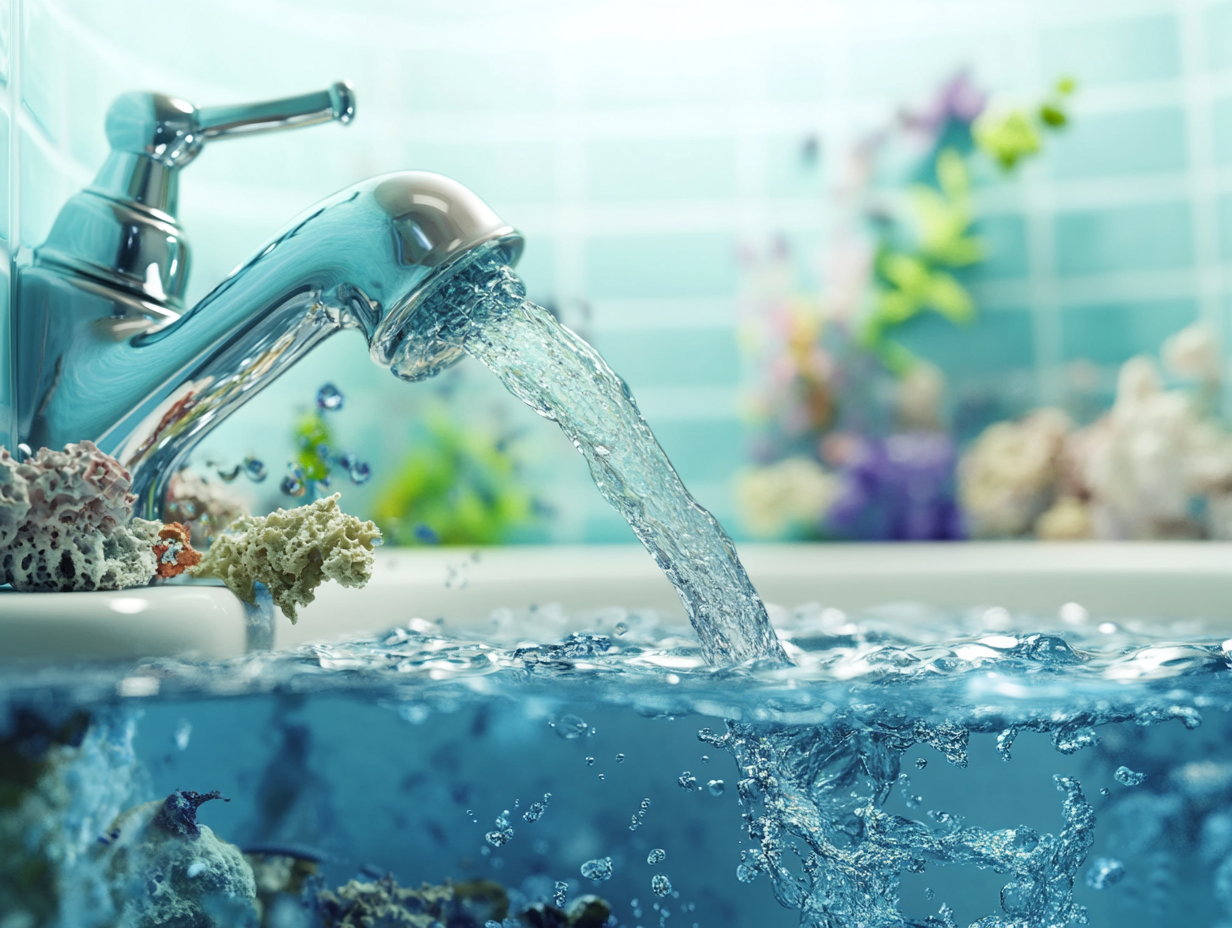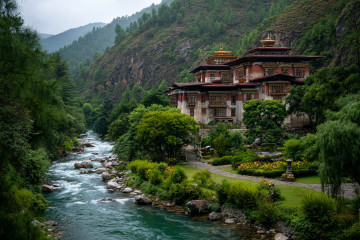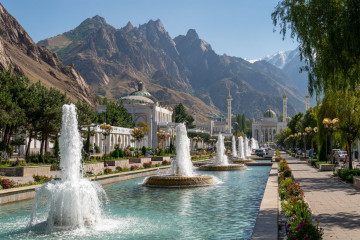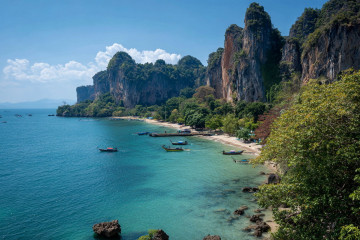World Water Day has been observed on March 22 every year since 1993. The theme of World Water Day 2025 is ‘Glacier Preservation’. One of the goals of the day is to support the achievement of Sustainable Development Goal 6: Water and sanitation for all by 2030. The day acknowledges sustainable management of freshwater resources to conserve usable water.
World Water Day also reminds us to be mindful of our water usage in day-to-day activities. We tend to unintentionally waste water when we are traveling. From indulging in water-wasting activities to leisureing in bathtubs, there are many touristy activities that aren’t water-friendly.
On World Water Day 2025, let’s learn about seven smart ways to conserve water while travelling.
World Water Day 2025: 7 Genius water-saving tips for travellers
1. Be mindful of shower time
One of the most effective ways to reduce your water usage while travelling is to take shorter showers. According to some research studies, the average shower uses about 17 gallons of water and lasts for eight to ten minutes.
You can try to cut your shower time by half and save 8.5 gallons of water per shower. You must also turn off the water while shampooing or soaping, and use a low-flow showerhead if possible.
2. Avoid bathtubs
On vacation, it could be tempting to take a long shower or treat yourself to a relaxing bath. What you don’t know is that the differences in water consumption in these two ways can be large.
While we use seven to 12 litres of water per minute when showering, a bathtub may contain an average of 150 litres. If you do want to take a bath, do it with your partner. It is not only more romantic, but also better for your water footprint.
3. Opt for green hotels
Environmental sustainability is often overlooked while booking hotel stays or accommodation while travelling. Choosing accommodations committed to water conservation can help you travel mindfully.
Eco-friendly hotels are not just a fad; they’re part of a crucial movement toward environmental sustainability. They implement key measures like low-flow showers and toilets, linen reuse, and smart landscaping practices that reduce their overall water consumption.
By opting for these accommodations, you can positively contribute to conserving water resources while still enjoying comfortable stays.
4. Conserve water in routine activities
Have you ever noticed the faint sounds of leaking drops of water coming from a tap? They could really add up. Always ensure to turn the tap off properly once you are done using it.
You can also use a sanitiser to avoid using water frequently. Not only does hand sanitiser rid germs and save you from looking for water or soap when you’re on the go, it also helps save water.
You should ensure to shut the tap off while brushing your teeth or washing your hands.
5. Skip daily housekeeping
Another effective way to save water while traveling is to skip the daily housekeeping service that changes your towels and sheets every day. After all, you don’t wash towels and sheets at your home every day, right?
This little change could help save a lot of water and detergent that are used to wash them. You can hang your towels to dry and reuse them, and ask for a sheet change only when really necessary. You can also carry your own toiletries and avoid using the single-use plastic bottles given by the hotel.
6. Use reusable water bottles
One of the most common ways that travelers and tourists misuse water is by buying bottled water. Not only does this generate a lot of plastic waste, but it also consumes a lot of water to produce and transport.
A study estimated that it takes about three liters of water to make one liter of bottled water. You can avoid this by carrying a reusable water bottle and filling it up from safe sources.
7. Avoid activities that exploit water resources
Finally, you can reduce your water usage while traveling by being mindful of the activities you choose to do on the trip.
Golfing, skiing, swimming and other similar activities can exploit a lot of water. You can opt for more water-efficient activities like hiking, biking, or kayaking, that allow you to enjoy the trip without wasting water.



